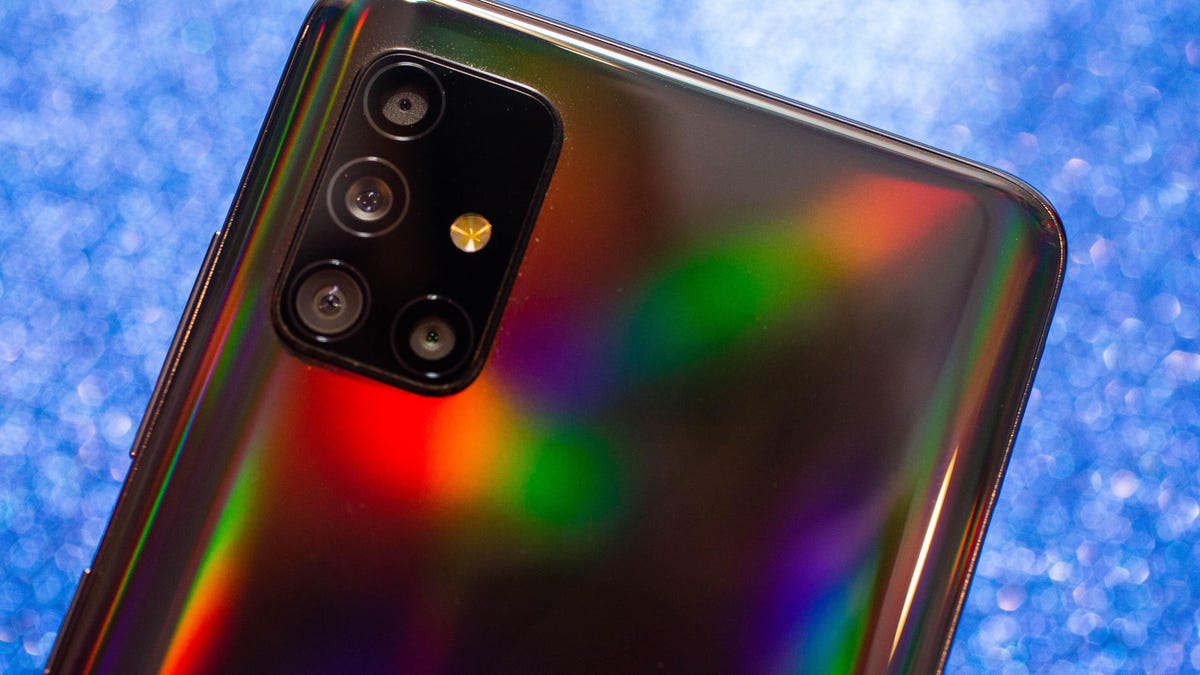Samsung lays out its plans for 6G (yes, 6G)
5G isn't here yet, but that isn't stopping Samsung from looking ahead to the next, next-generation of mobile connectivity.

6G? Yes, it's apparently coming.
Samsung released a report on Wednesday walking readers through its vision for the next 10 years of mobile connectivity. The specific topic at hand isn't 5G, the next-gen wireless standard set to roll out in the coming months. Instead, Samsung is focused on 6G, the standard that will eventually follow it.
The big takeaway? The time is now to lay the groundwork for the next-gen speeds of tomorrow.
"While it is still quite important to work to ensure commercial success of 5G in coming years, we believe it is the right time to start preparing for 6G," the paper concludes.
In that spirit, Samsung says, the Korean conglomerate is presenting its initial view of what 6G will actually entail, as well as what it'll take to eventually make it a reality for mobile users worldwide. Samsung also lists the specific services it predicts will ultimately act as major drivers for 6G, including high-fidelity mobile holographic displays and also XR, which would combine virtual, augmented, and mixed-reality applications.
"There will be new advanced services in [the] 6G era, which require a tremendous amount of real-time data processing, a hyper-fast data rate, and extremely low latency," the report reads.
To meet those needs, Samsung says the 6G era will need to hit a couple of key benchmarks. First, 6G will need to provide much higher data rates than 5G, with download speeds of at least 1,000 Gbps. That's about 50 times faster than what 5G is designed to provide. We'll also need to see big reductions in latency, Samsung says, with performance targets that include air latency less than 100 microseconds, end-to-end (E2E) latency less than 1ms, and extremely low delay jitter in the order of microseconds.
Samsung also points to battery life, and says that it intends to improve the energy consumption of both devices and networks by at least two times.
"With these requirements satisfied, the user experienced latency can be less than 10ms, which is the motion-to-photon latency requirement for XR services," the report explains.
As for a timeline for all of that, don't expect to see 6G for another eight years, at least.
"Taking into account the trend of speeding up of development of technical standards for each new generation, we expect that the completion of the 6G standard and its earliest commercialization could happen as early as 2028, while massive commercialization may occur around 2030," Samsung says.
The full 46-page report is available here.

